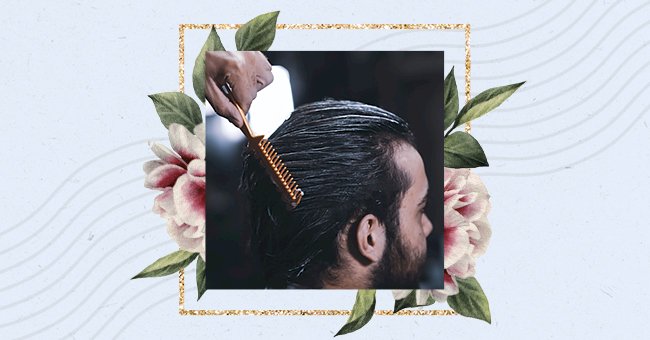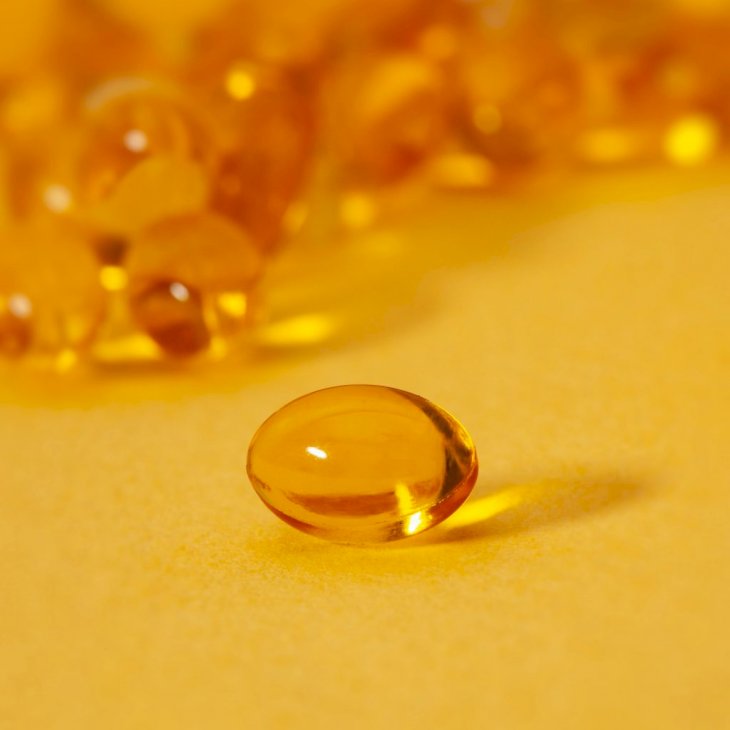
A Guide To Preventing Hair Loss In Men
If you know some men struggling against hair loss, help them follow these steps towards not going bald.
Unfortunately, we can’t stop our hair from falling, but treatments might slow down the process. And even though the market is packed with “miraculous” products, but only a few of them actually work.
GQ talked to the most in-demand dermatologist in NYC, Dr. Michele Green, to understand what really helps men with hair loss. Dr. Green recommends her patients follow these steps, regardless of age, together with their own dermatologists’ recommendations and expect to see results in a few months.
Visit a Dermatologist As Soon As You Notice Changes

Photo by National Cancer Institute on Unsplash
As soon as you notice hair thinning or shedding, seek professional help immediately. Starting treatment at the early stages of hair loss increases the chances of the treatment’s efficacy.
“Hair loss can seem overwhelming which is why it is necessary to consult with a dermatologist who will assess your condition and explain all of your treatment options.”
Dr Michele Green to GQ
Build Up a Plan

Photo by JESHOOTS.COM on Unsplash
There are three hair-loss methods to be considered. They stimulate the hair follicles that haven’t died yet but are just dormant. Talk to your dermatologist and check which one of them you should consider:

Photo by Kayla Maurais on Unsplash
- Minoxidil: Aka Rogaine, Minoxidil is an OTC that treats and increases blood flow on the scalp, stimulating thicker and stronger hair to grow. Recommended using on the crown of the head.
- Finasteride: Also called Propecia, it blocks the formation of the hormone that contributes to hair loss, DHT.
- Platelet-Rich Plasma (PRP): In a nutshell, this method works by injecting your own blood into your scalp. The plasma is rich in cells that promote growth and healing.
Supplement As Needed

Photo by Kayla Maurais on Unsplash
Biotin is the most common vitamin recommended to people struggling with hair loss. But there are others, such as complex B and zinc. Targeted supplements for hair loss is Dr. Green’s recommendation - She recommends Viviscal and Nutrafol in particular.
Reconsider Your Current Lifestyle

Photo by Christian Erfurt on Unsplash
Other factors such as stress, poor diet, smoking, and alcohol abuse can aggravate hair loss. For example, stress may prevent the hair from stopping growing and cause excessive shedding. The same goes for substance use like the ones mentioned above.